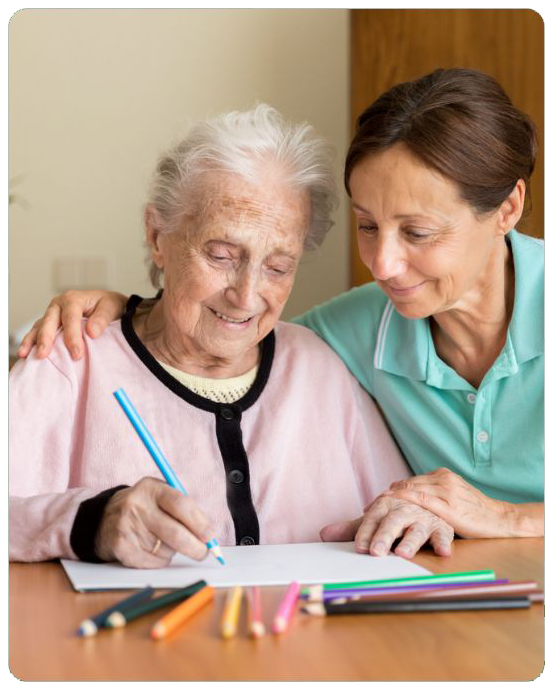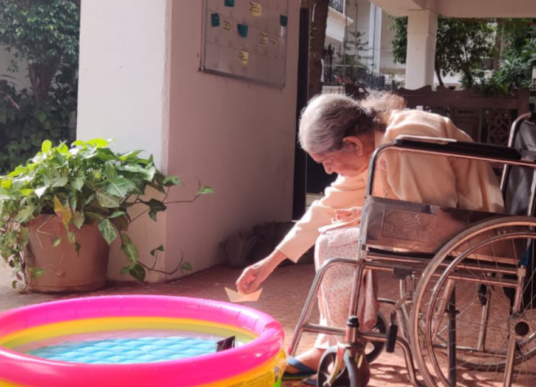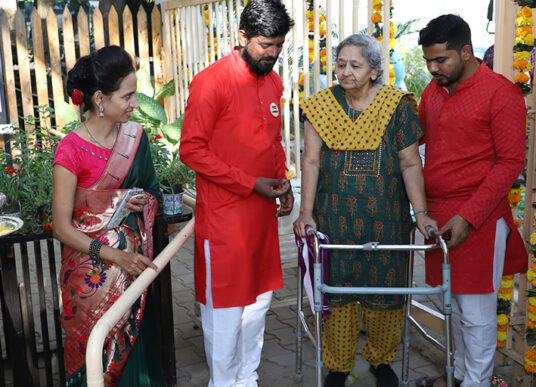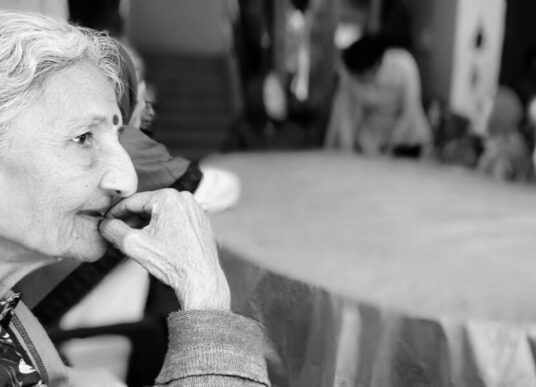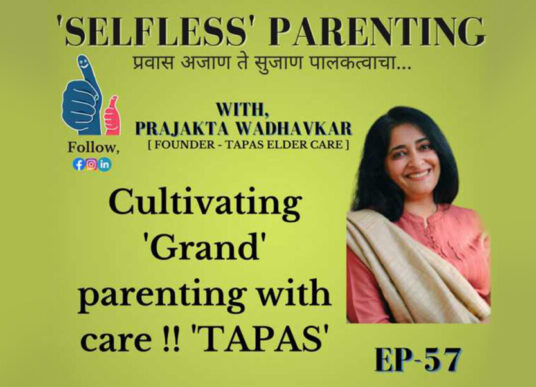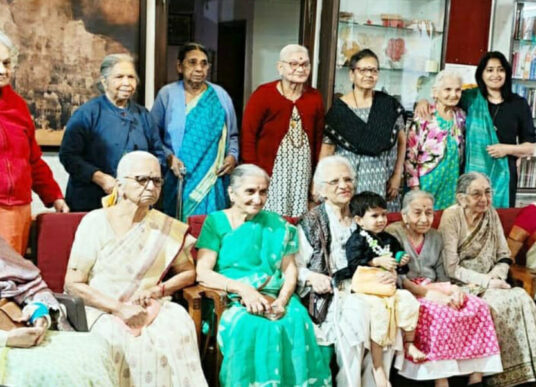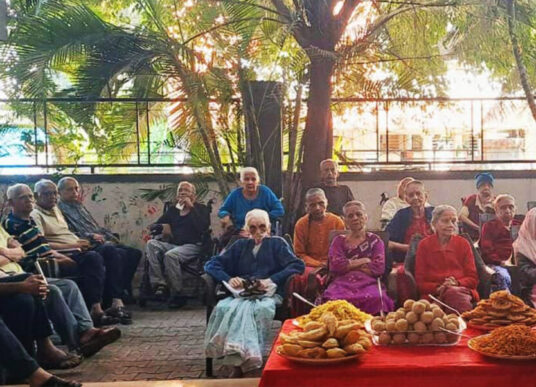When we look at the status quo of Geriatric Care in India, there is a lot to be said and done. Being a small drop in the ocean of redefining elder care, at Tapas, our focus lies on integrating healthcare with psychological care.
At Tapas we combine health and psychological care with housing, dietary and food services, assistance with activities of daily living and socialisation programs.

